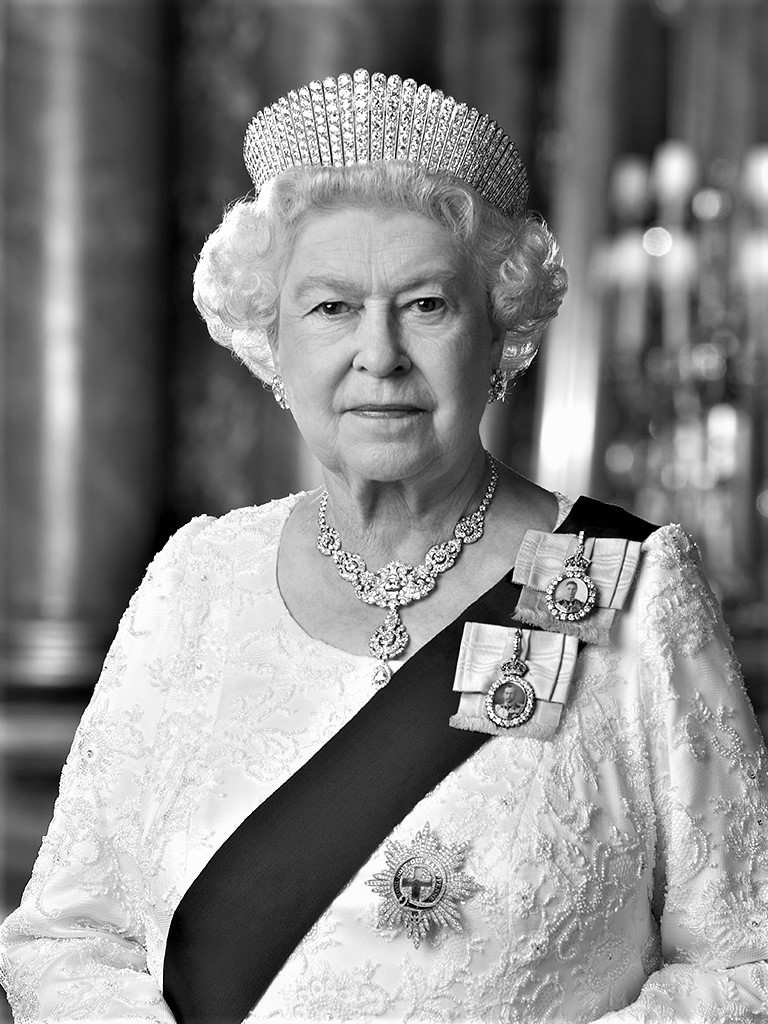Breathing and relaxation techniques help you cope with pain and keep you calm and relaxed.
Pain often feels worse when you're tense and anxious. When you’re relaxed, your body releases its own hormone-like pain relievers called endorphins.
Coping with labour
No matter how much you prepare, it is hard to know how you will actually feel when you are in labour, so it is a good idea to think about your options beforehand.
Labour pain is very subjective, meaning that each woman will experience and cope with pain differently from the next woman. Labour pain and contractions will also change in sensation, frequency and duration, so you may consider trying a variety of different methods of pain relief to help you work with or through your labour.
Labour pain is very subjective, meaning that each woman will experience and cope with pain differently from the next woman. Labour pain and contractions will also change in sensation, frequency and duration, so you may consider trying a variety of different methods of pain relief to help you work with or through your labour.
Breathing & Relaxation Techniques
TENS (transcutaneous electrical nerve stimulation) machines
- are safe to use and don’t affect your baby
- works best in early labour
- do not use a TENS machine before 37 weeks
- place pads onto specific areas on your lower back
- the machine runs a gentle electric current through the pads - this gives you a tingling feeling which eases the pain
- use the handset to control the TENS machine and adjust the current as your contractions get stronger
If you want to use TENS, ask your midwife about where you can hire a machine.
Complementary Therapies
Some midwives in Tayside are trained to use aromatherapy in labour. If you want to use acupuncture or acupressure during labour you can.
Hypnobirthing
Hypnobirthing is a mixture of:
It doesn’t work for everyone, but can help you focus on your body and the birth of your baby. You will need to prepare for this throughout your pregnancy.
- visualisation
- relaxation
- mindfulness
- deep–breathing techniques
It doesn’t work for everyone, but can help you focus on your body and the birth of your baby. You will need to prepare for this throughout your pregnancy.

